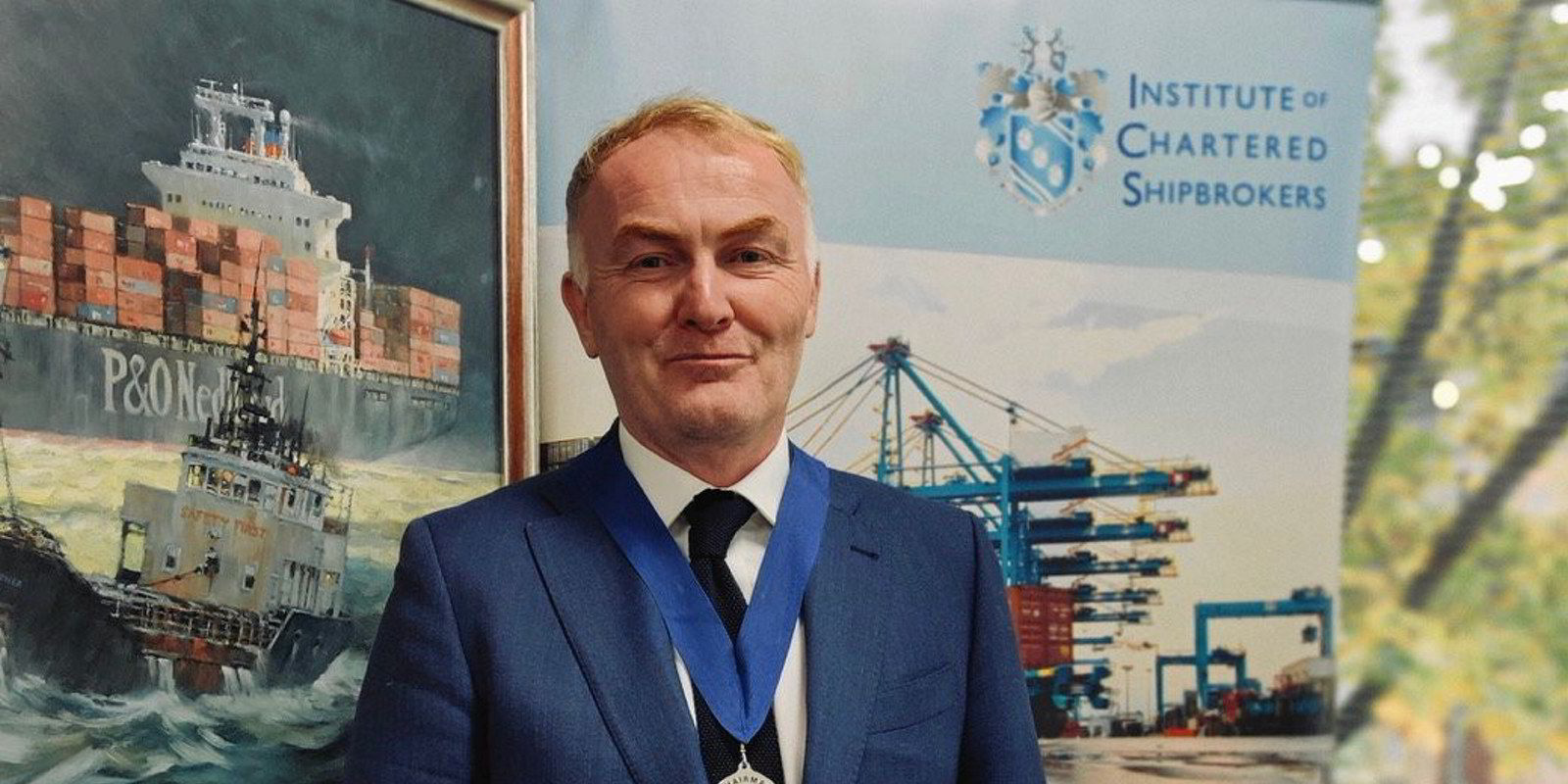Shipbroking, a dynamic industry, is witnessing transformative changes driven by digital and technological advancements. Our inboxes are increasingly filled with enticing requests for firm offers with ships and cargoes from people who you have never heard of and who do not appear to have the authority to act on behalf of the principal.
Even social media platforms such as Facebook, Instagram and LinkedIn are awash with groups with apparently available vessels or charterers looking for ships.
We have all seen these types of messages and probably just ignored them. Perhaps some of them are legitimate, but typically they will be from hungry amateurs who are looking to break into the business.
I cannot fault their persistence or the fact that they have identified shipbroking as a career path.
However, once you go an inch below the surface, it is evident that most of these individuals lack the necessary depth of knowledge and fundamental understanding that many of us have received from our career training and education.
Shipping does not stand still: shipbroking is a multi-faceted skill that has always moved with the times.
Over the course of my career, spanning three decades, I have seen the shift from face-to-face trading to constant phone calls and from telex to email, and now to digital platforms to share market insights.
We are now facing the next wave of innovation in the form of artificial intelligence (AI). Some may see this as an opportunity to cut out the traditional intermediaries, whilst others may see this as a tool to free-up the broker to focus on relationships and dealmaking.
Quite how AI will shake-up the business of connecting and handling transactions remains to be seen.
But what has not changed are the fundamentals and relationships. Social-media shipbrokers and a chatbot will never replace the added-value that a plugged-in, trained, well-connected, and highly knowledgeable shipping professional brings to the table.
A passionate believer
So how does the younger shipbroker distinguish themselves as a quality player and stand out from the crowd? In an era of ever-more compliance and scrutiny, how can a shipbroker demonstrate to clients that they are qualified to be advising on and handling vessel transactions and fixtures even if they have been doing it for years?
I am a passionate believer in the power of professional education and the importance of a back-to-basics approach to shipbroking. The most successful broker will always be the one who has a deep technical understanding of clients’ ships, ports served and the wider supply chain.
They will be grounded in the values of a two-way value-adding relationship and, most importantly, they will be trusted. Having the Institute of Chartered Shipbrokers’ qualification, shipbrokers take a critical first step towards establishing their professional credibility and expertise.
Individual professional membership of the ICS is gained by candidates studying online or evening classes and passing the qualifying examinations. Promotion to Fellowship permits the person to be described as a Chartered Shipbroker.
For a working shipbroker to achieve success via the ICS, having support and encouragement from their employers can make a huge difference in their career progression and development.
For the future of our profession, it is imperative that employers in our industry, regardless of their size, place a profound emphasis on prioritising and nurturing the career development of their employees.
By harnessing the globally recognised and esteemed professional qualifications provided by the ICS, they can effectively enhance and reinforce their in-house training programmes, fostering the confidence and excellence of their workforce.
A badge of trade
The ICS is moving with the times and is investing in the future. We continue to generate a positive operating surplus, which we are reinvesting in our core education and membership services.
We continue to adapt and update our syllabus and online digital learning capabilities. Critically, we will continue to strive to ensure that membership of the ICS remains highly regarded as a truly distinguished badge of trade.
Additionally, we are steadfast in our commitment to preserving the recognition and reputation associated with the role of a shipbroker, affirming it as a distinct set of skills and an esteemed profession in its own right.
Glenn Murphy is chair of the ICS.
Do you have an opinion to share?
Email: news@tradewindsnews.com




